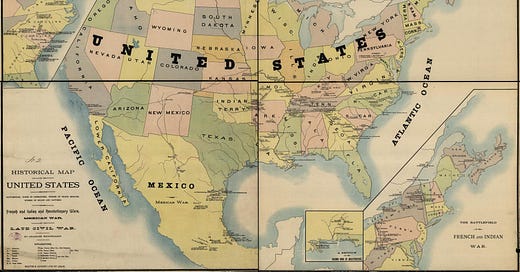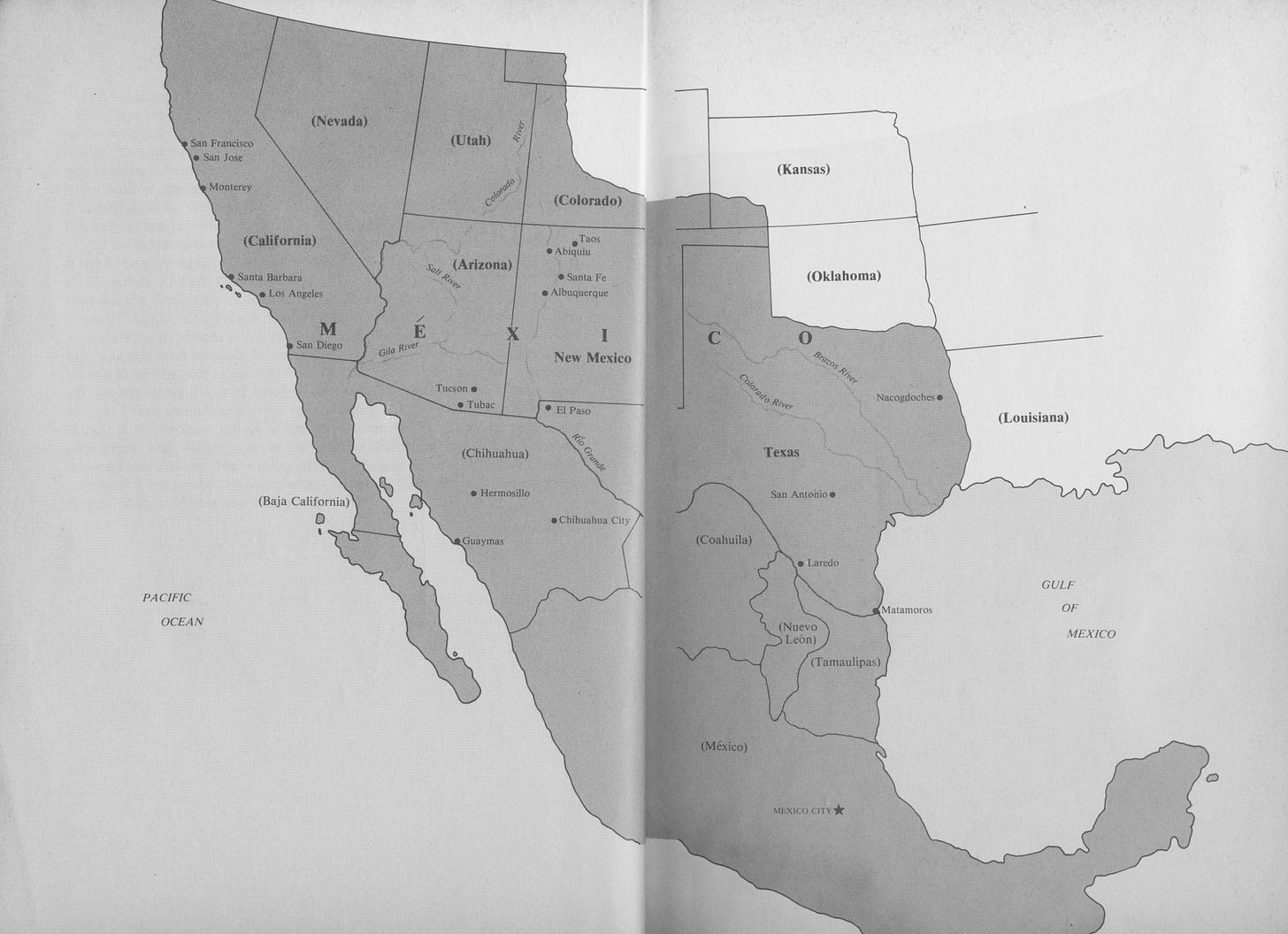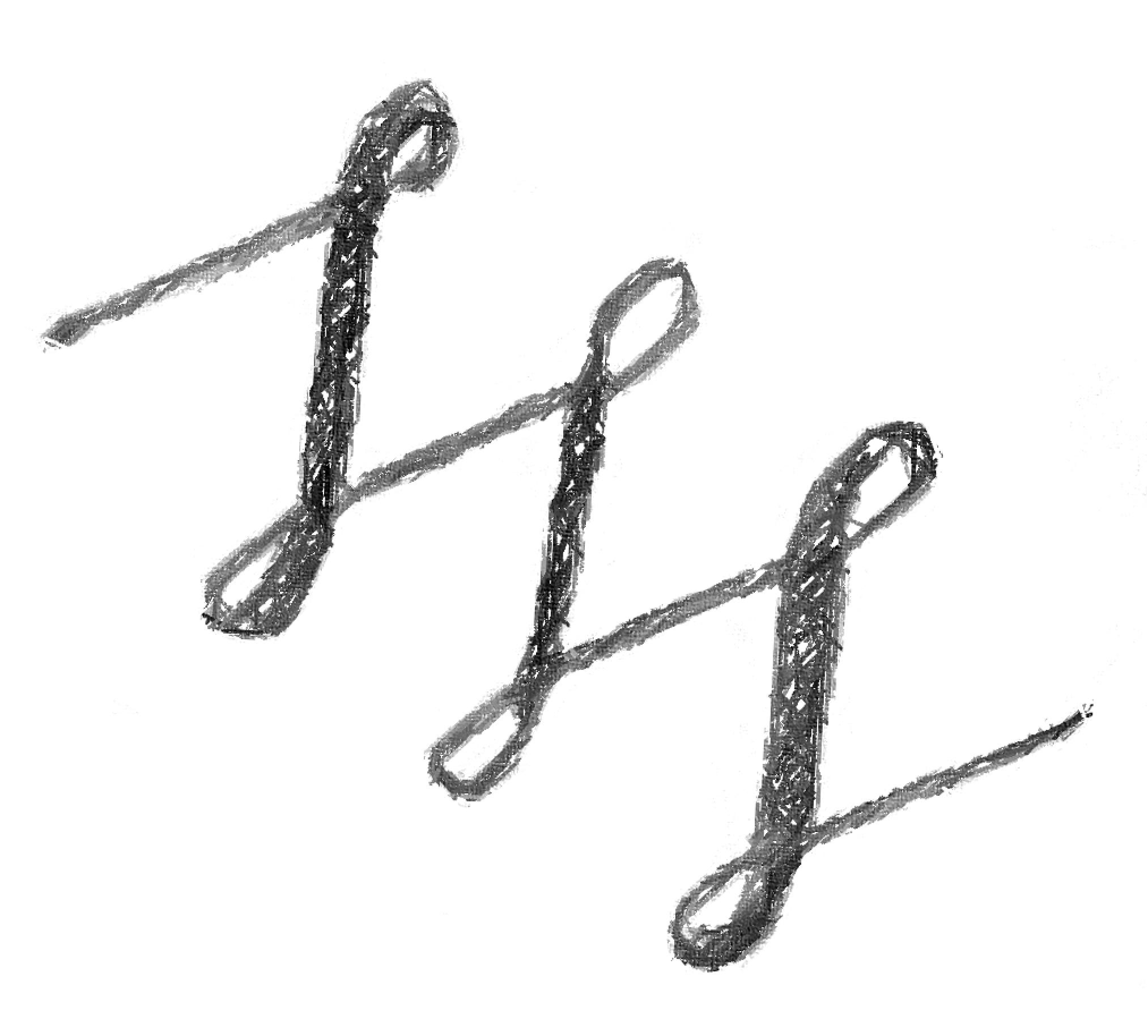I ain’t Marchin’ Anymore
It's always the old to lead us to the wars, always the young to fall
Hi all,
Thank you for joining me for today’s song, “I ain’t Marchin’ Anymore” by Phil Ochs. If you’d like to hear the song before you read about it, I’ve included a YouTube video below the article.
Below, you’ll find my interpretation of the lyrics (written in italics). Comments and questions are welcome. For Japanese students, vocabulary words in bold are provided in Japanese below. TOEIC (PBT) 450+, Eiken 2, CEFR B1.

(863 words)
The song for today was written in 1965 by a famous American folk singer named Phil Ochs. Phil went to university to become a journalist. He read the newspaper every day. When he was at university, someone showed him how to play the guitar. Phil started writing songs. He wrote about the events that were happening in the world in the 1960s.
This song questions why we have wars. The Vietnam War was going on at the time, and many songwriters were writing about it. The lyrics tell of the experience of a soldier (“I”) in each of the wars below.
Oh, I marched to the Battle of New Orleans (1815 - battle between the Americans and the British)
At the end of the early British wars
A young land started growing / The young blood started flowing
But I ain't a-marching anymore
For I've killed my share of Indians in a thousand different fights
I was there at the Little Big Horn (1876 - battle between the U.S. Army and the Indigenous nations of the Lakota, Dakota, Northern Cheyenne, and Arapaho)
Ochs adds “a-” to make the words fit the rhythm of the song, a-lying, a-dying, etc.
I heard many men a-lying / I saw many more a-dying
But I ain't a-marching anymore
Ochs asks important questions in this song, questions that we are still asking ourselves nearly 50 years later:
It's always the old to lead us to the wars
Always the young to fall
Now look at all we've won with the saber and the gun
Tell me is it worth it all?
The Mexican-American War (1846-1848) occurred as the U.S. government sent in troops into Mexican territory. For many years, settlers had slowly moved into the area as well as developers, who found many useful natural resources, and the bankers who would lend them money. Because the Mexican people who lived there often could not prove that they owned their land, they were forced off of it, and it was sold to settlers and ranchers. Eventually, the people fought back. In the end, the U.S. paid $15 million for the land it took over, about 525,000 square miles (1,360,000 km), cutting in half the size of the country of Mexico.
For I stole California from the Mexican land
The American Civil War (1861-1865) was a war between brothers, at least brothers meaning other citizens. Some believed that slavery should be ended. Others said slavery was a part of their culture and an important part of the economy. When Abraham Lincoln was elected president, many people in the southern states were afraid he would make slavery illegal. They decided to separate from the United States. They formed their own country called the Confederate States of America. This led to war.
Fought in the bloody Civil War
Yes, I even killed my brothers / And so many others
But I ain't a-marching anymore
The German trench in the next verse refers to World War I. Because so many millions of people died in the war (20 million death, 21 million wounded), people thought it would be the last war of its kind, “the war to end all wars”. It wasn’t.
For I marched to the battles of the German trench
In a war that was bound to end all wars
Oh, I must have killed a million men / And now they want me back again
But I ain't a-marching anymore
The mushroom’s roar in the next verse refers to the bombs dropped on Hiroshima and Nagasaki at the end of World War II. Mushroom refers to the mushroom cloud formed with the release of an atomic weapon. Cities burning refers to the firebombing of cities such as Dresden, Tokyo, and Nagoya, Japan, during which the original Nagoya Castle was destroyed.
For I flew the final mission in the Japanese skies
Set off the mighty mushroom roar
When I saw the cities burning / I knew that I was learning
That I ain't a-marching anymore
The last verse begins with:
Now the labor leader's screamin' when they close the missile plants
This could refer to the weapons factories operated by the U.S. Army from 1954 to 1965. When manufacturing jobs like these are lost, labor unions will complain (scream).

United Fruit screams at the Cuban shore
United Fruit was a company that began in the late 1800s. They owned many sugar plantations in Cuba, and they needed workers to cut and process sugar. They went into nearby countries and found workers. However, it was illegal to bring foreign workers into Cuba. They did it anyway, and they made huge profits harvesting sugar and tropical fruit which was exported to other countries. The result was that Cuba had to turn to imports for many products. When the Cuban Revolution happened in the 1950s, the U.S.-friendly government fell. United Fruit allowed the U.S. government to use some of its ships, helping the CIA to overthrow Fidel Castro.
Call it peace or call it treason / Call it love or call it reason
But I ain't a-marching anymore
No, I ain't a-marching anymore
Maybe Phil Ochs is saying that, in order to stop wars, everyone should stop participating in them.
Question
What new information did you learn from this song?
Vocabulary
indigenous nations 先住民族
saber セイバー
settler 開拓者
developer 開発者
rancher 牧場主
wounded 負傷者
trench 塹壕
be bound to do やらなければならない
manufacturing 製造
export 輸出
overthrow 覆す
treason 反
The following video is a music project by a high school history class. The video is safe to open.
Sources
Acuña, R. (1988). Occupied America: A history of Chicanos. Utah State Library Division for the Blind and Physically Handicapped.
Chapman, P. (2007, May 15). Rotten fruit. https://www.ft.com/content/778739c4-f869-11db-a940-000b5df10621 Accessed 20 July 2024.
Charlotte Army Missile Plant. U.S. Army Corps of Engineers. https://www.sas.usace.army.mil/Missions/Formerly-Used-Defense-Sites/Charlotte-Army-Missile-Plant/ Accessed 19 July 2024.
Mougel, N. World War I Casualties. 2011. REPERES. https://www.census.gov/history/pdf/reperes112018.pdf Accessed 10 July 2024.
Vilaboy, S. G. (2023, April 15). La United Fruit Company en Cuba y la trata de Braceros. Études caribéennes. https://journals.openedition.org/etudescaribeennes/25611 Accessed 20 July 2024.
Peace Aichi is a museum and educational center in Nagoya, Japan. It offers an extensive exhibition with artifacts from the bombing of Aichi Prefecture during World War II. https://peace-aichi.com/








Oh Louise, I question why we still have wars… have we learned nothing from history? Are we doomed to play the same record on repeat for ever and ever more? 😞
I love how you take songs to teach both language and history. I also used to teach English with songs (such as Dylan's Blowin' in the Wind) in Mexico in one of the "Escuelas Populares" (People's Schools)--though your lessons here are more organized!
I can't comment on the Japanese, but I definitely expanded my learning of history with some of the facts you mentioned (especially around the last verse) even though I've sung this Phil Ochs song for years. Shows how a good song has so much depth that a good teacher can show us!